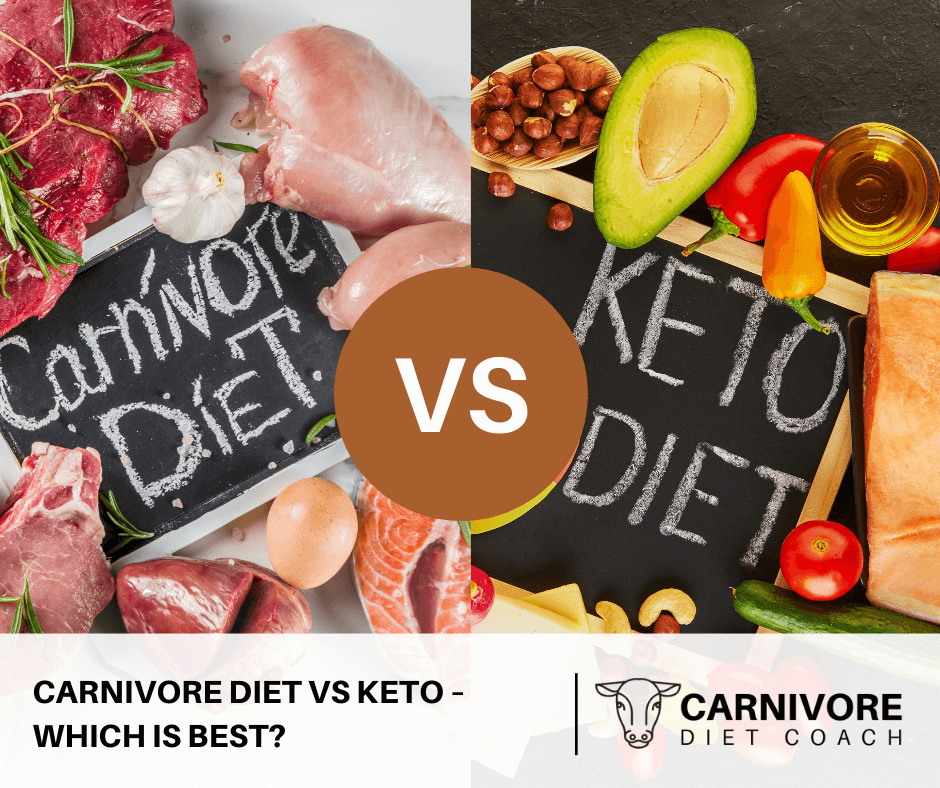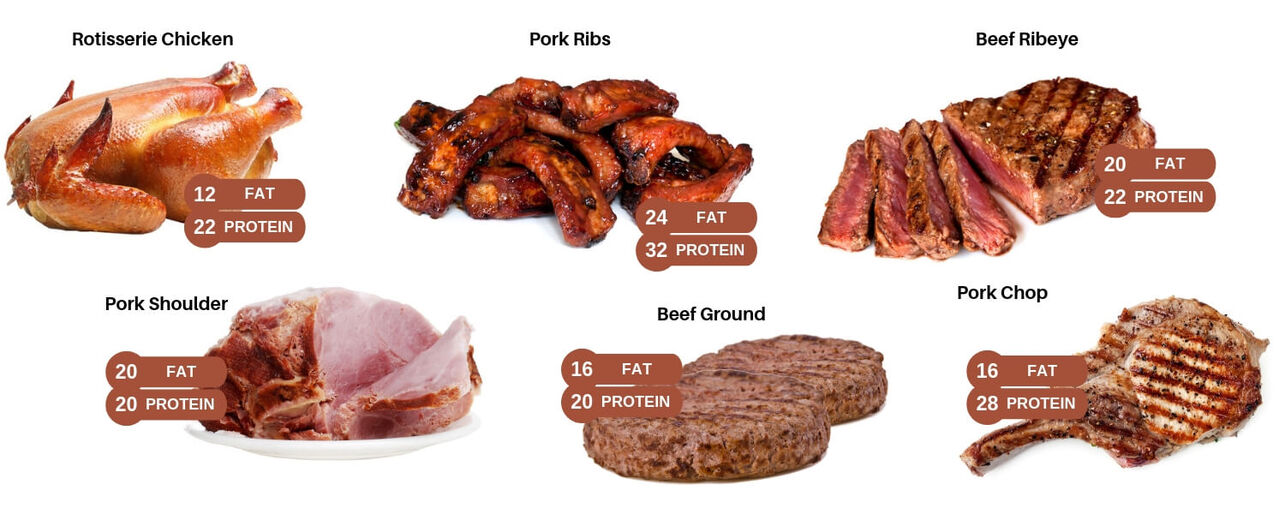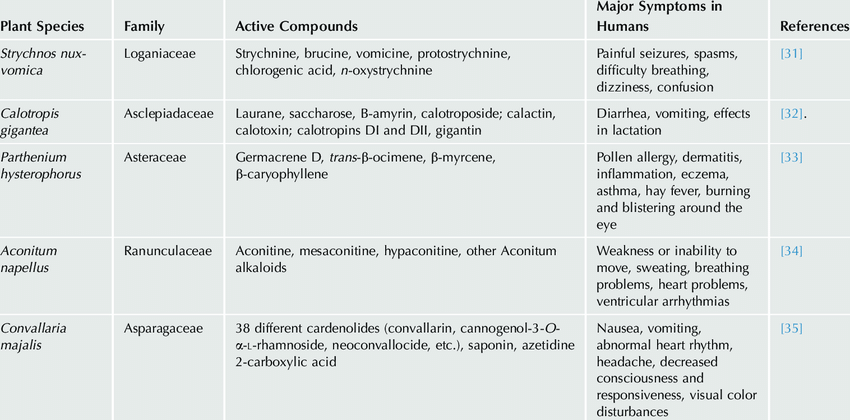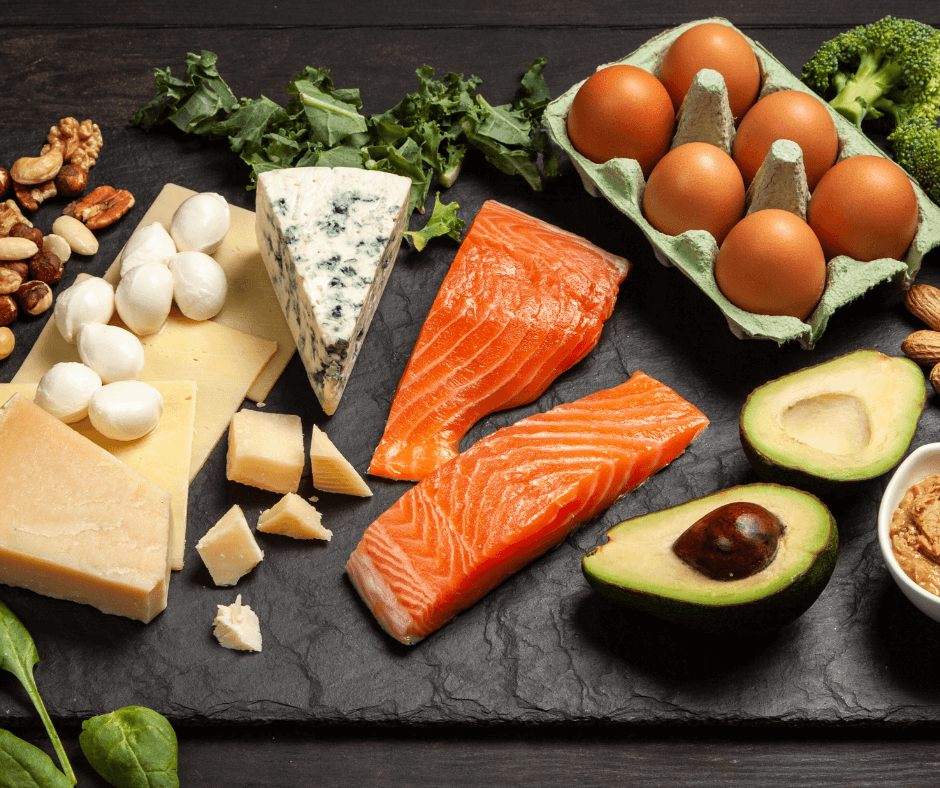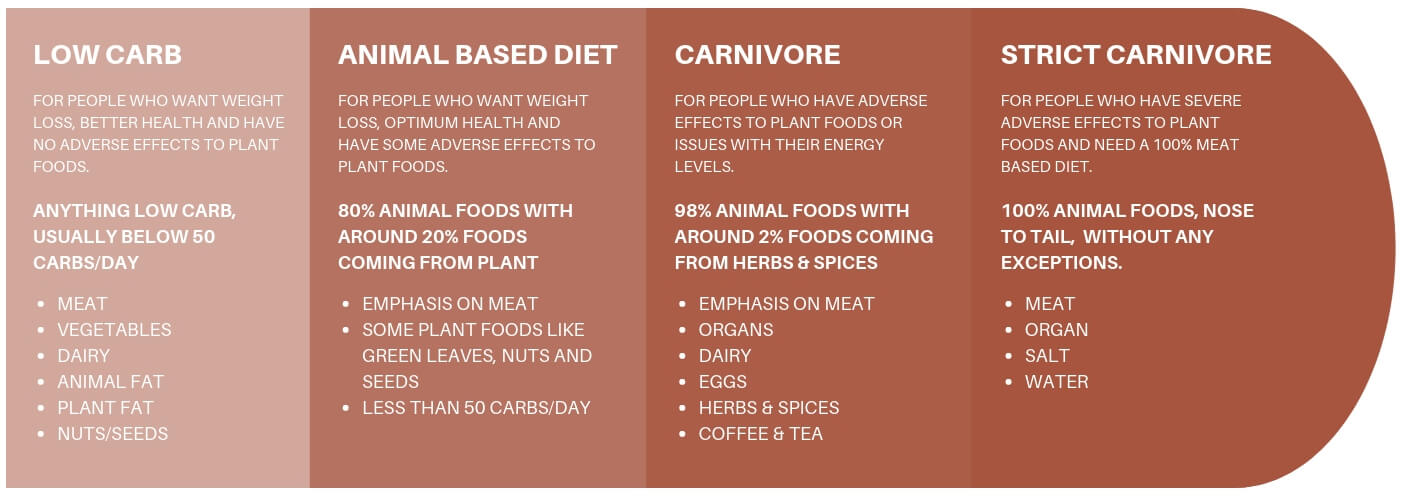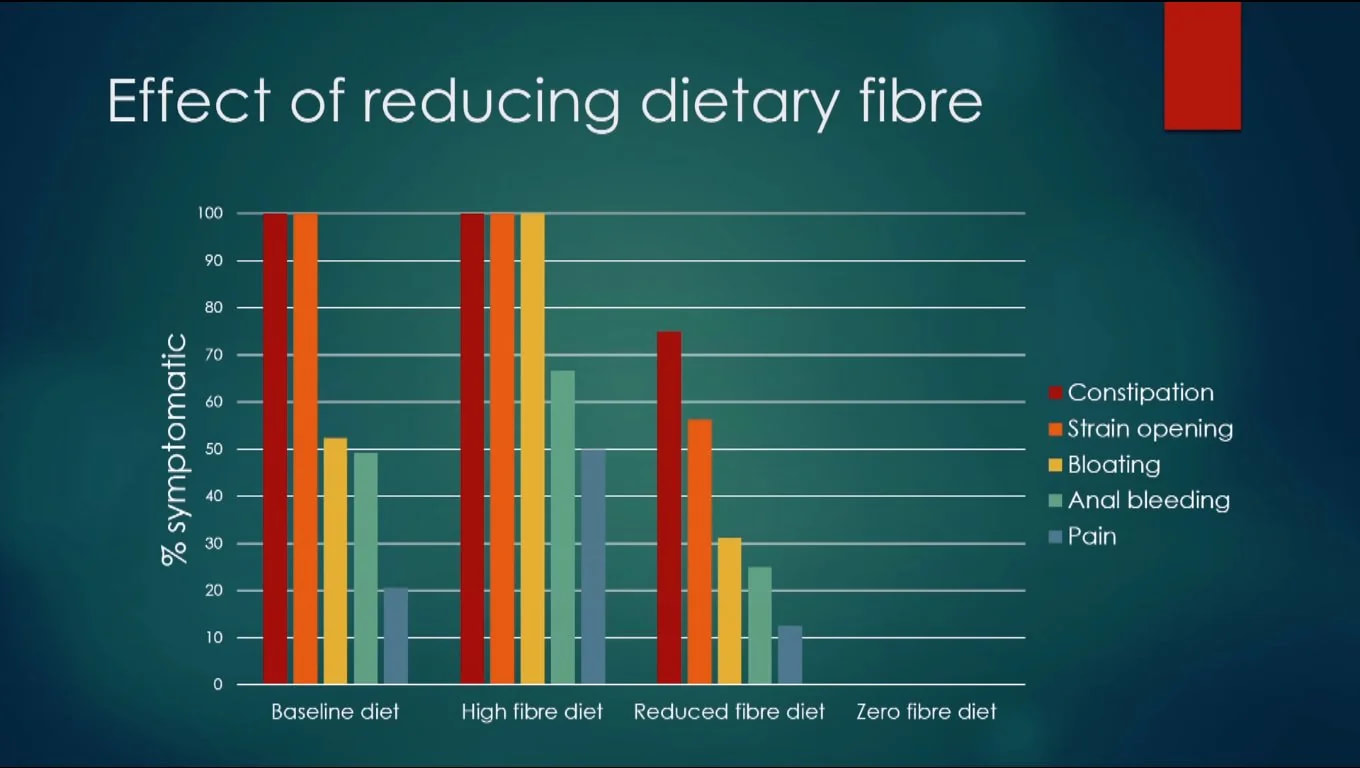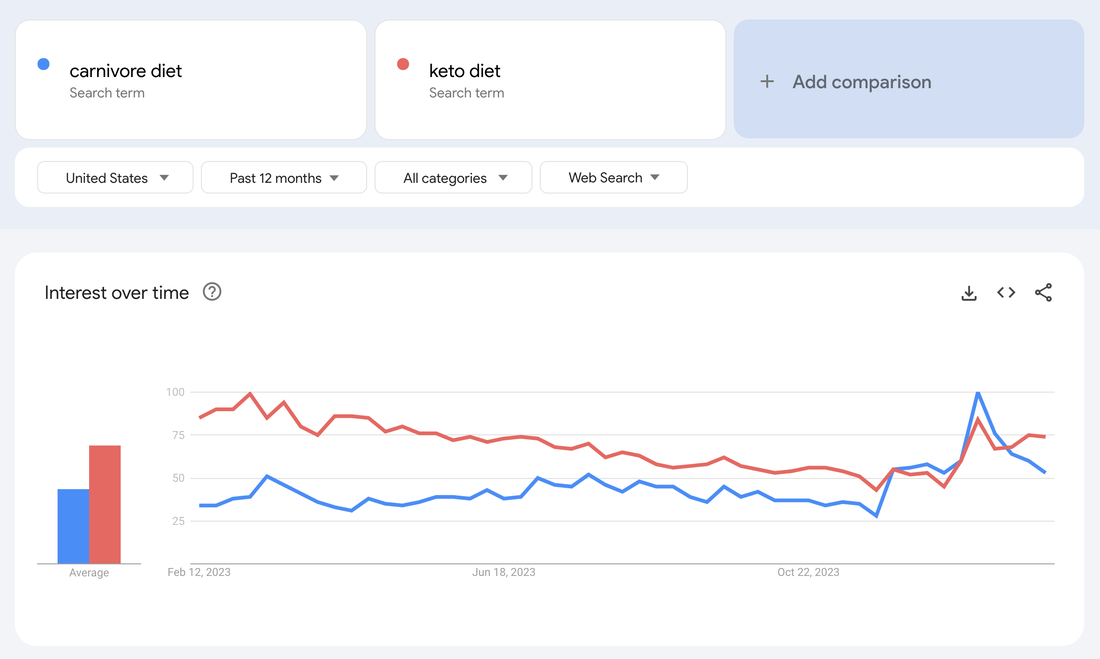|
THE COMPLETE
CARNIVORE DIET GUIDE
Learn how to lose weight, fix your gut and cure autoimmune symptoms with our free Carnivore Diet guide.
|
|
Wondering whether the carnivore diet vs keto is better for you? Both diets have gained attention for their roles in weight loss and metabolic health improvements. And while they have similar benefits, there are clear differences between these two diets. The carnivore diet centers exclusively around animal products for a meat-focused lifestyle. The keto diet, on the other hand, is about balancing high fat with moderate protein and low carbs to kickstart ketosis. To help you determine which is the right diet for you, let’s take a closer look at keto vs the carnivore diet below. Carnivore Diet vs Keto: The Differences ExplainedBoth the carnivore and keto diets offer impressive benefits that cater to a wide range of health goals. They can accelerate weight loss, stabilize blood sugar levels, and may even aid in managing certain health conditions like diabetes and obesity. The diets can also help improve mental clarity, increase energy levels, and reduce chronic inflammation. However, each diet offers a different nutritional path to these benefits. Firstly, the carnivore diet is strictly animal-based, while the ketogenic diet includes animal and plant-based components. Here is a detailed breakdown of each diet and the key differences between the two: What Is The Carnivore Diet?The carnivore diet is an elimination diet that focuses exclusively on consuming animal-based foods. Because the diet is more restrictive, it offers straightforward meal plans that will reset your gut in order to help you achieve your health goals. It is usually a temporary diet that can be adjusted to suit your needs over time. With this approach, you will consume only meat, fish, eggs, and some dairy products with low lactose levels like butter and cheese. In its strictest practice, this zero-carb diet excludes all plant-based foods like fruits, vegetables, grains, nuts, and legumes. Unique to the carnivore diet is the use of salt as the only seasoning. You'll avoid plant-based seasonings like herbs and spices. It also limits beverages to water and bone broth, as tea and coffee are plant-derived. By cutting out or limiting plant-based foods, the diet helps you cut out common allergens and irritants found in plants. The carnivore diet is high in protein and fat and cuts out carbs, resulting in the body using fat for energy. Because of this, it can promote weight loss, reduce inflammation, and improve certain autoimmune conditions like diabetes and inflammatory bowel disease (IBD). See more benefits of the carnivore diet. Unlike other diets, the carnivore diet does not require strict calorie or meal counting. You are encouraged to eat based on hunger and satiety cues rather than adhering to specific meal plans or calorie counts. Essentially, you can eat until you’re full – you’ll just be eating from a limited range of foods. What Is The Keto Diet?The keto diet limits carbohydrates and increases fat intake to change the body's energy source from carbs to fats. It puts your body in a naturally defensive state called ‘ketosis.’ This is where your liver turns fat into ketones (molecules produced by the liver when the body needs an alternative energy source) for energy. Ketosis enhances fat metabolism, which may lead to improved mental clarity and reduced hunger. In terms of food choices, the diet includes high-fat foods like avocados, nuts, seeds, and oils such as olive and coconut. Protein intake is moderate, coming from sources like grass-fed beef, poultry, fish, eggs, and some nuts and seeds. You can eat dairy products on the keto diet, but you need to choose them carefully, making sure they are low in lactose and sugar. You can also have non-starchy vegetables, low-carb fruits like berries, and seasonings without added sugars. When following the keto diet, you avoid foods high in carbs, including grains, sweet processed foods, starchy vegetables, most fruits, and legumes. You also want to cut out high-carbohydrate alcoholic beverages. Keto doesn't require strict calorie counting or a set number of meals daily. The diet focuses more on the types of foods you consume, aiming to keep carb intake low to maintain ketosis. The emphasis is on listening to your body's hunger signals rather than adhering to a rigid meal schedule. However, this diet encourages you to stick to these macronutrient ratios when you plan meals:
These ratios keep carbohydrate intake very low, protein moderate, and fat high. In doing so, it helps induce and maintain a state of ketosis to burn fat for energy. Key Differences Between Carnivore Diet vs KetoWhen comparing the carnivore diet vs keto, there are similarities and key differences to consider. For similarities, both diets reduce carb intake and emphasize protein and fats to promote metabolic changes. They alter the body's metabolism to use fats rather than carbs for energy, which results in improved energy levels and better health. In addition, the process of ketosis is central to both diets, although it's more pronounced in the keto diet due to its specific macronutrient ratios. Now that the similarities are covered, here are the main differences between the carnivore diet and keto: 1. Food Choices Carnivore diet: The strictest version of the carnivore diet is very restrictive, primarily consisting of animal-based foods such as meat, fish, eggs, and certain dairy products. It prohibits all plant-based foods and carbohydrates. It's high in only protein and natural fats present in animal products. However, you can introduce some plant foods back into the diet to suit your needs and preferences. Keto diet: The diet allows for a wider range of food choices. It includes non-starchy vegetables, some low-carb fruits, nuts, seeds, and oils, alongside animal-based foods. The key is to maintain healthy macronutrient ratios to induce and sustain ketosis. 2. Sustainability Carnivore diet: This is often a short-term or temporary diet due to its extreme limitations that most people would struggle to follow long-term. It is usually used to address certain health issues by resetting the gut. Then you can adjust the diet and start to include some non-irritant plant foods into your meals, making it more sustainable. Keto diet: This option is more sustainable in the long term for many individuals since it offers a broader variety of foods than the carnivore diet. 3. Meal Planning and Tracking Carnivore diet: Meal planning for this diet is very straightforward since it focuses on animal-based foods and doesn't require extensive macronutrient tracking. Keto diet: This diet can be more complex to execute as it necessitates tracking macronutrient percentages to maintain ketosis. It often involves meticulous monitoring of your carb intake. 4. Impact on Health Fiber: One significant difference is the absence of fiber in the carnivore diet, which can affect bowel movements. Although some research has highlighted a reduction in negative bowel symptoms on people on a zero fiber diet. In contrast, Keto includes non-starchy vegetables to provide some fiber and potentially offer better digestion. Plant vitamins: Keto allows for a wider range of vitamins and minerals from plant-based foods. Some vitamins, like Vitamin C, are more limited in the carnivore diet but this doesn't seem to impact those who have been on a carnivore diet long term. Ketosis: In the keto diet, achieving the state of ketosis is the primary goal by carefully balancing macronutrient ratios. The carnivore diet, being virtually carb-free, often induces a more intense and rapid state of ketosis due to its extreme carbohydrate restriction. This difference in ketosis intensity can influence the speed of fat loss and other health outcomes on these diets. Which Is The Better Diet For You?Choosing between the carnivore diet and the keto diet ultimately depends on your health objectives, dietary preferences, and how you envision your nutritional journey. For instance, you might choose keto if you seek a sustainable and balanced approach to weight management, improved metabolic health, and flexibility in food choices. The Keto diet has been popular for a long time for this reason. On the other hand, the carnivore diet eliminates common irritants found in plant foods such as gluten, oxalates, and lectins. Without these potential triggers, the diet can provide relief from discomfort. It can offer an easy nutritional approach if you deal with food sensitivities, gastrointestinal issues, or autoimmune conditions. However, because the carnivore diet cuts out a lot of different foods, not everyone will find it suitable long-term. But it can work very well as a temporary diet. You can follow it as and when needed to address certain health issues and identify problem foods. You can also modify the diet to bring in some select plant foods, following an 80-90% carnivore diet. It’s completely up to you and what works best for your body so that you can achieve optimum health. Final ThoughtsWhile there are similarities in the health benefits of the carnivore diet vs keto, the carnivore diet is more restrictive when it comes to the foods you can eat. And there’s a good reason for this. The diet aims to cut out foods that may be causing inflammation or exacerbating blood sugar levels and other health issues.
Keto doesn’t cut all of these out so you might not achieve as effective results. And the great thing about the carnivore diet is that you can modify it over time to find what level of the diet works best for you and your health needs.
0 Comments
Leave a Reply. |
Carnivore Diet Recipes & Meal PlansOur Trusted Partners
Popular Guides
|


